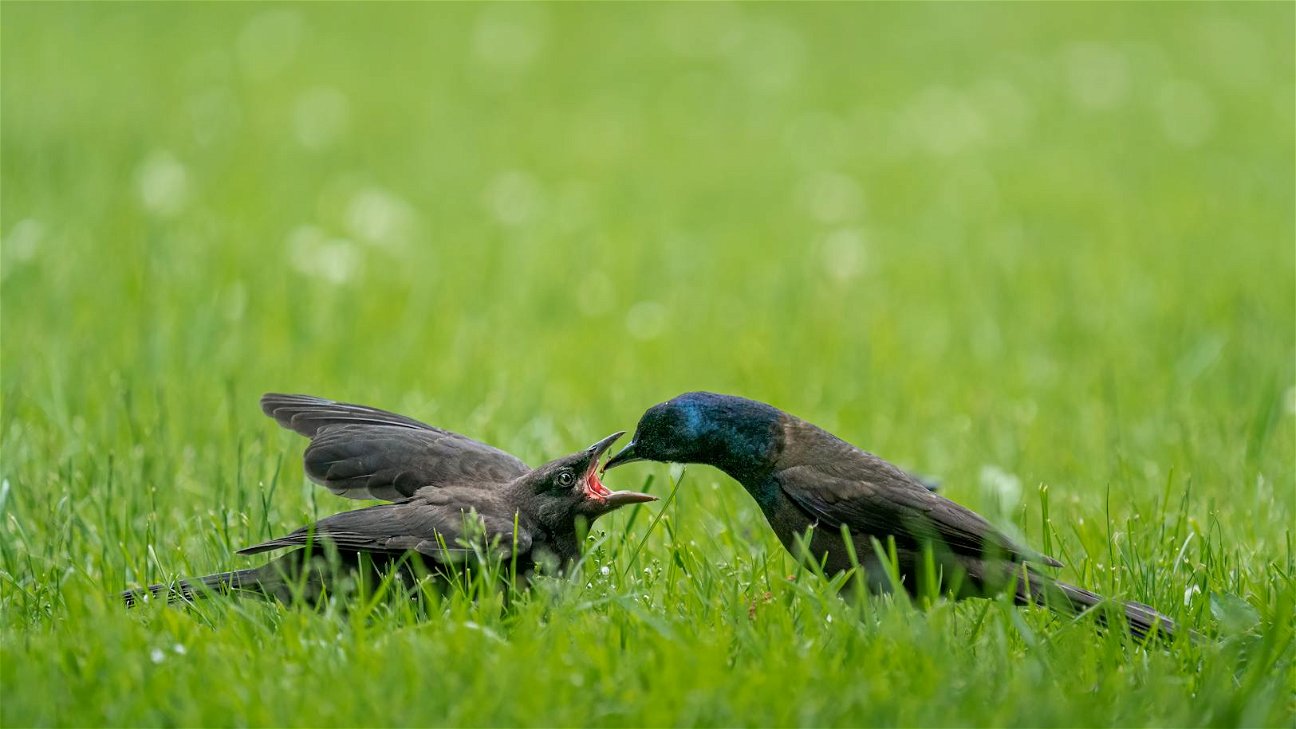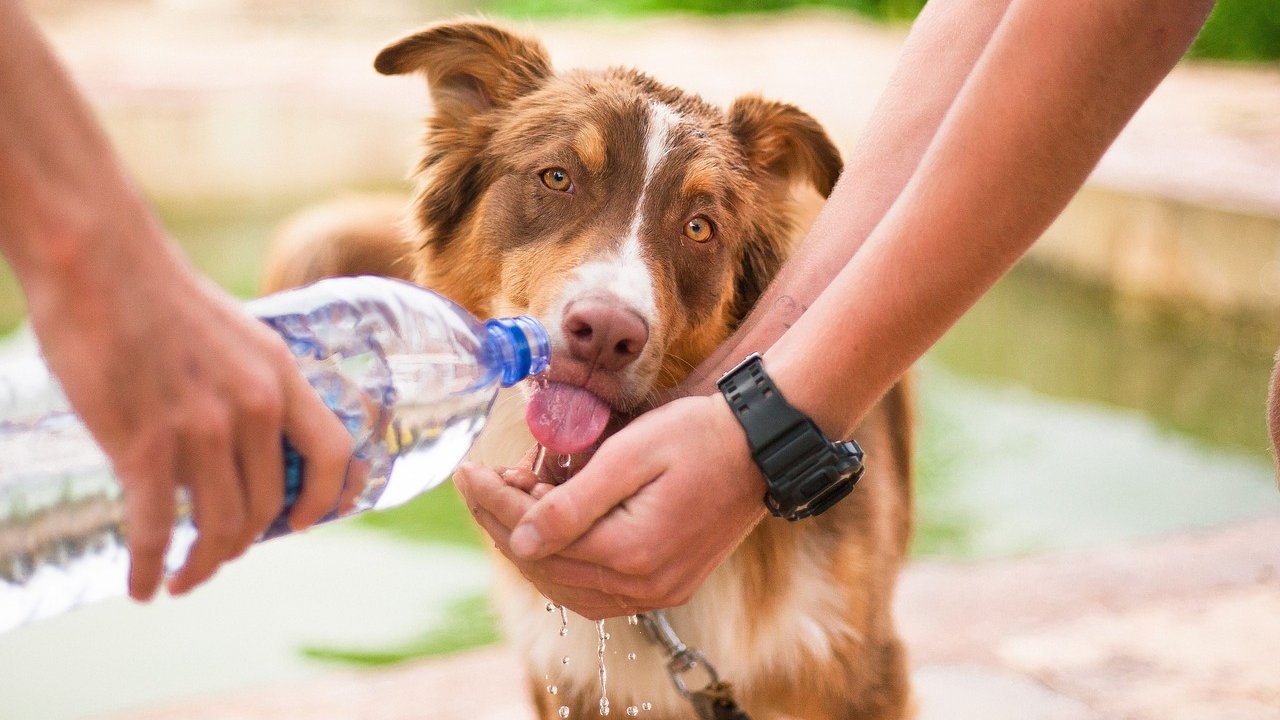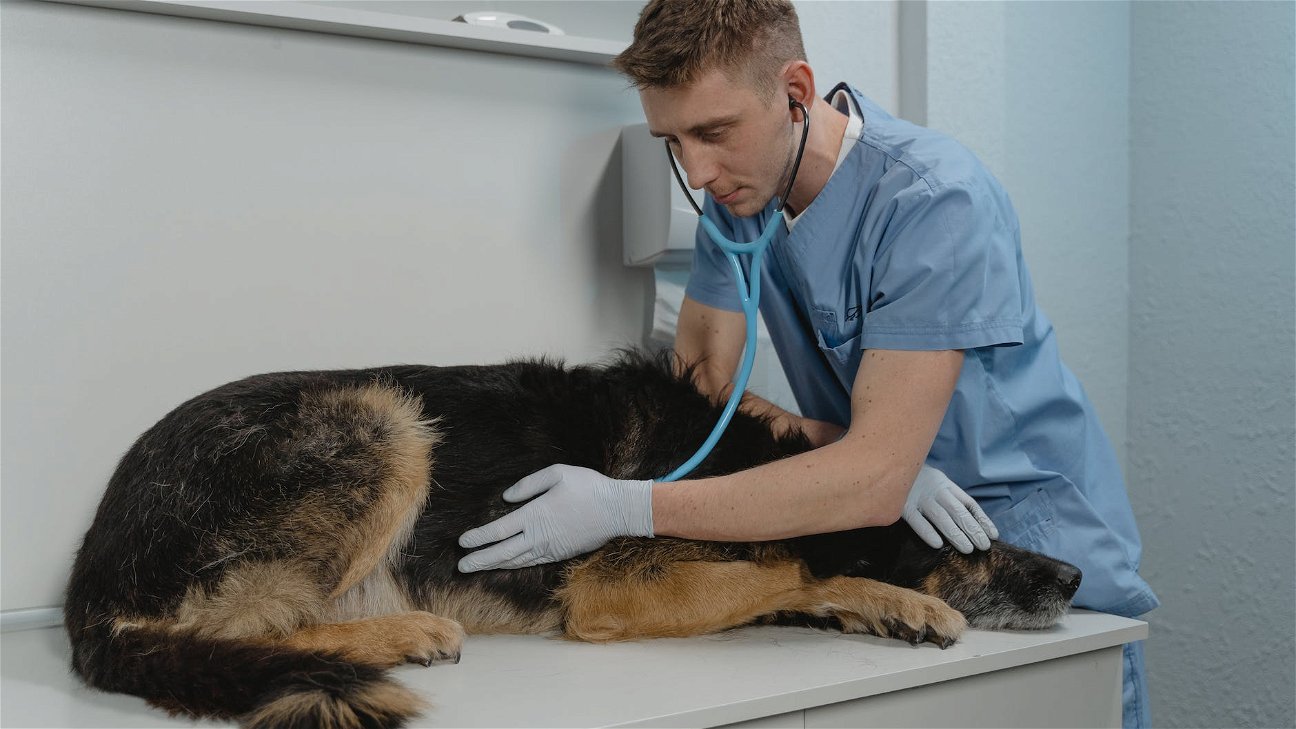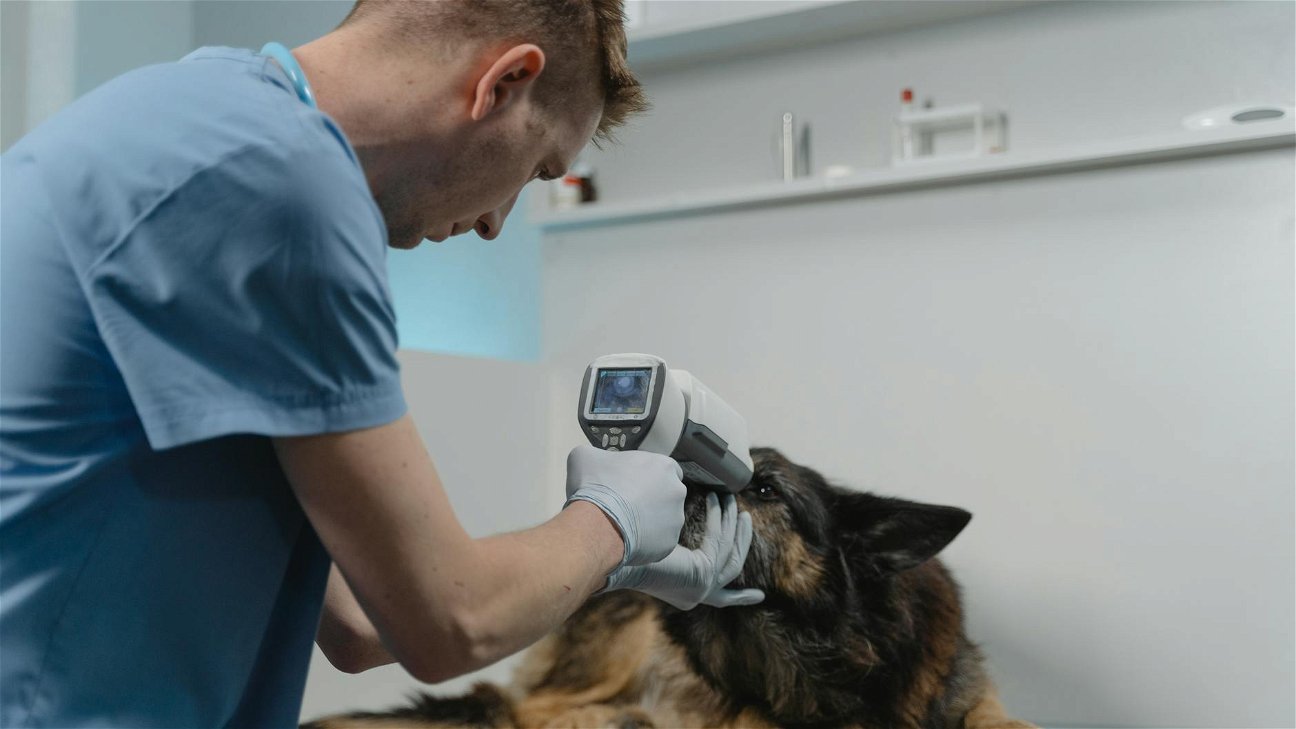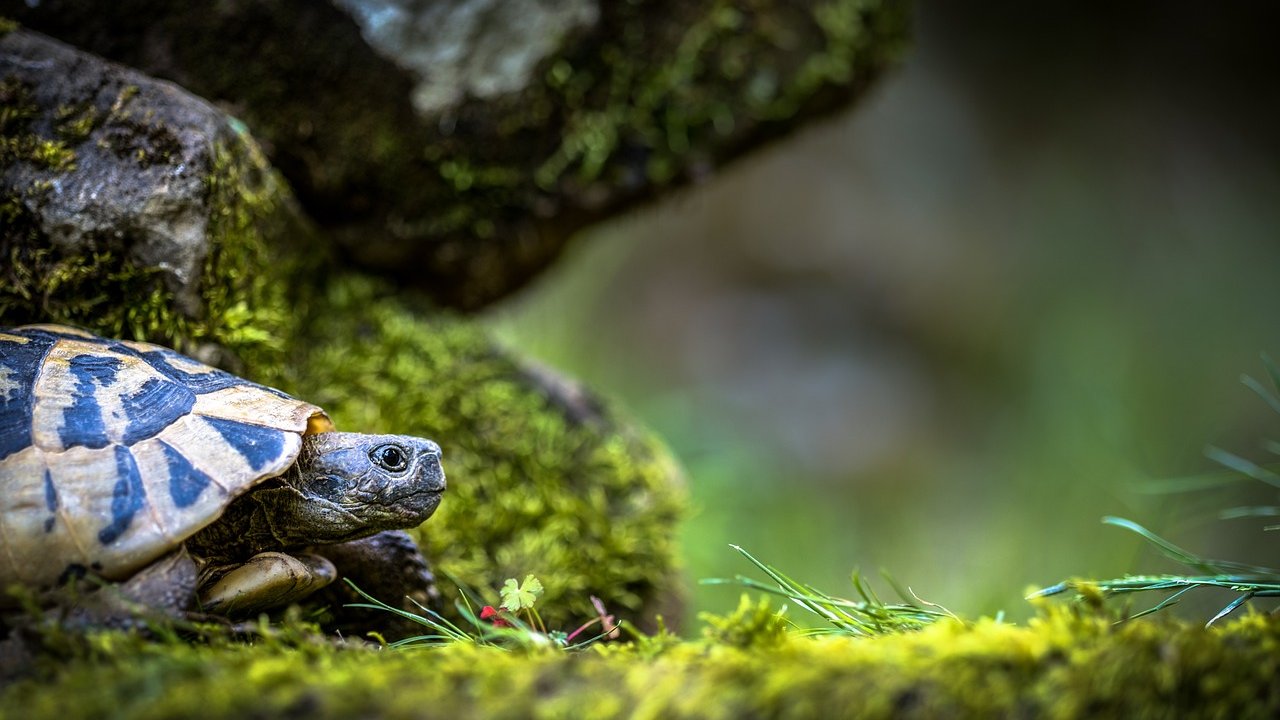
For many people, turtles make fascinating and low-maintenance pets. However, these creatures have specific needs that must be met to ensure they live a long, healthy and happy life. Here, we'll cover several key aspects of turtle care, from diet and habitat to handling and common health issues.
Choosing the right turtle
All turtles are not the same. Some species require more care and attention than others. When selecting a pet turtle, it's important to research and choose a species that matches your lifestyle, housing situation, and personal preferences. Among the best turtle species for pets are Red-Eared Sliders, Painted Turtles, and Russian Tortoises.
Setting up a turtle tank
A turtle's habitat should mimic their natural environment as much as possible. Your turtle tank set-up should include a clean water area, a dry basking area, and proper lighting. The tank should be large enough to provide ample swimming and basking space. Maintaining turtle water quality is also crucial. The water should be filtered and changed regularly to prevent bacterial growth.
Feeding your turtle
A healthy diet for pet turtles differs depending on their species. However, all turtles require a balanced diet of proteins, fruits, vegetables, and turtle pellets. It's important to research what your specific turtle species prefers to eat.
Here's a basic diet guide for commonly kept turtle species:
Handling and interaction
While turtles are not typically 'cuddly' pets, they can become accustomed to human interaction. Handling your pet turtle should be done with care to avoid causing stress or injury. Regular interaction can also help you notice any signs of a sick turtle, such as lethargic behavior, changes in eating habits, or unusual spots on their shell.
Regular vet check-ups
Like all pets, turtles benefit from regular vet check-ups. An annual veterinary visit can help detect any potential health problems early. A vet will typically examine the turtle's shell, eyes, skin, and mouth, and may also order fecal tests to check for parasites.
Understanding and preventing common health issues
Understanding common health issues in pet turtles and how to prevent them is essential for any turtle owner. Issues like vitamin A deficiency, respiratory infections, and shell rot are common in captive turtles. Ensuring a balanced diet, clean habitat, and proper temperature and lighting can help prevent many of these issues.
Caring for a pet turtle is a rewarding experience that requires commitment and knowledge. By following these essential tips, you can ensure your pet turtle remains healthy and happy for many years to come.
